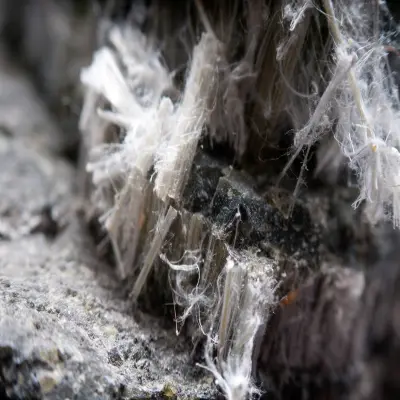Alaska Asbestos Regulations and Laws
Alaska has regulations aimed at protecting workers and the public from asbestos exposure. These regulations are enforced by state agencies and follow federal guidelines from agencies such as the Environmental Protection Agency (EPA) and the Occupational Safety and Health Administration (OSHA).
Alaska Department of Environmental Conservation (DEC)
The DEC's Division of Air Quality oversees regulations related to asbestos abatement, demolition, and renovation projects. These regulations include requirements for surveys, notifications, licensing of asbestos professionals, and proper disposal of asbestos-containing waste. The DEC also oversees the management of naturally occurring asbestos (NOA), including site assessment, dust control, and public awareness.
Alaska Department of Labor and Workforce Development (DOLWD)
The DOLWD's Labor Standards and Safety Division, through Alaska Occupational Safety and Health (AKOSH), enforces regulations protecting workers from asbestos exposure. These include permissible exposure limits, requirements for personal protective equipment, training, medical surveillance, and asbestos abatement procedures.
Key Laws and Regulations
- Alaska Statute 18.31, Asbestos: Outlines requirements for asbestos abatement, worker protection, and training.
- 18 AAC 75. Article 3. Discharge Restrictions and Waste Disposal Requirements for Specific Sources. Section 421. Asbestos NESHAP: Regulates asbestos emissions during renovation, demolition, and disposal.
- 8 AAC 61. Article 5. Asbestos Abatement Certification and Training: Sets requirements for certification and training of asbestos workers, supervisors, and inspectors.




 Call
Call